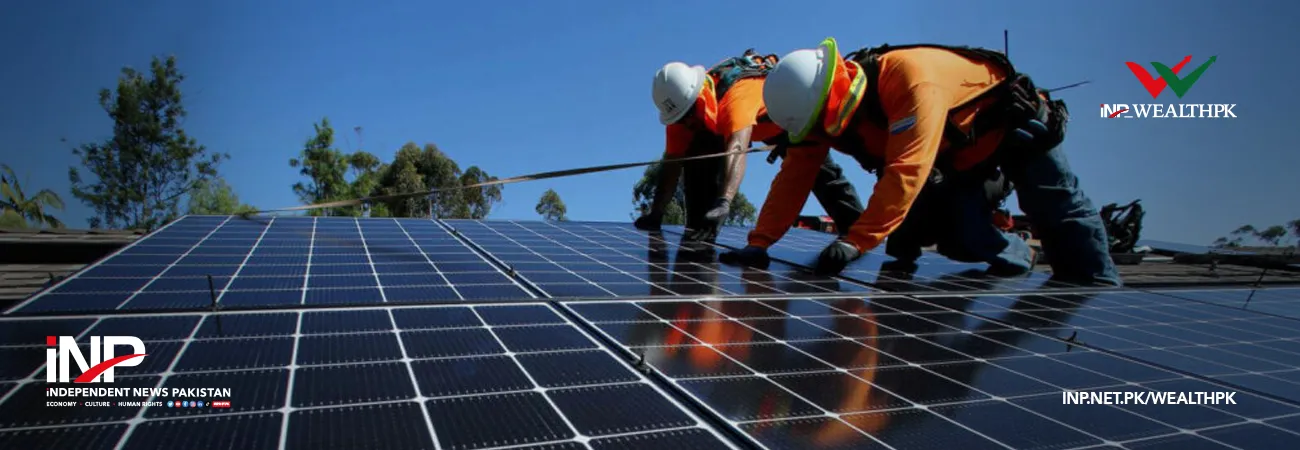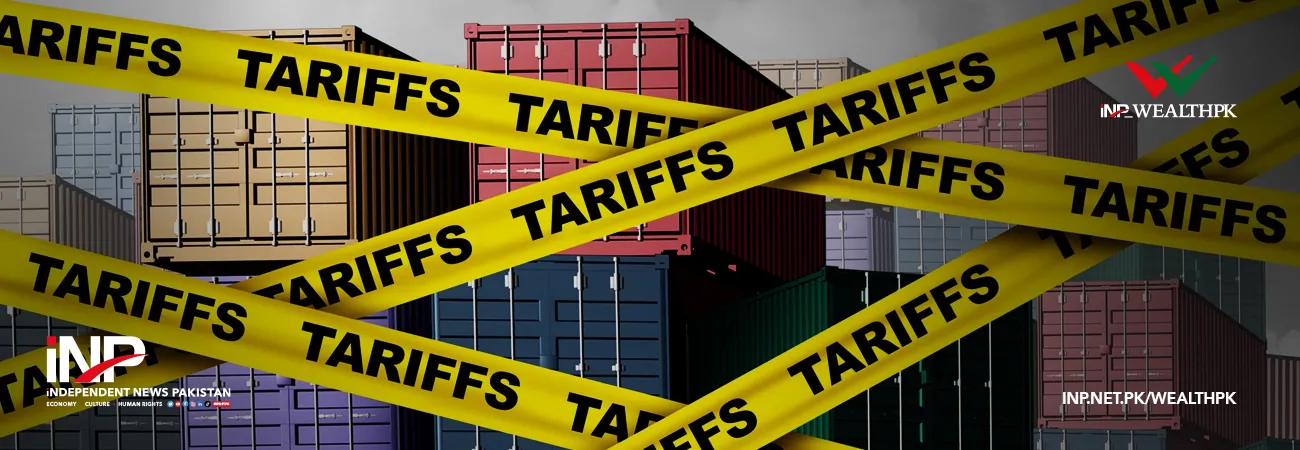آئی این پی ویلتھ پی کے
Amir Saeed
The recent amendments proposed by the government to the net-metering regulations threaten solar prosumers’ earnings, potentially reducing renewable growth and encouraging shifts toward energy storage and local trading networks.

Talking to WealthPK, Qurrat-ul-Ain Cheema, an energy researcher and consultant at the National University of Sciences and Technology (NUST), said the proposed net-metering changes, under which the buyback rate for surplus electricity had been drastically reduced from PKR27/unit to just PKR10/unit, might make it financially less attractive for the grid-connected solar prosumers to feed their surplus power to the national grid, likely pushing them toward the self-sufficiency strategies.
She highlighted that if these amendments, yet to be approved by the government, were implemented, the prosumers might increasingly invest in battery storage systems to store excess solar energy for use during non-solar hours. Transitioning to electrical appliances for cooking, water heating, and space heating could further reduce grid dependency.
“Additionally, the community-based peer-to-peer (P2P) energy trading networks could become an appealing alternative for selling surplus electricity locally. Monetizing clean energy through carbon credits could also offer new avenues for financial returns.’’ “For businesses, this potential policy shift underscores the importance of investing in energy-efficient appliances and battery-backed solar systems. The financial institutions can play a critical role by offering low-interest loans to support such transitions.
On a broader scale, the industries might explore investments in local mineral extraction and battery manufacturing to reduce reliance on the imported storage technologies,’’ she opined. “From the governance perspective, a strategic action will be crucial. This includes enhanced demand forecasting, deployment of demand-side management tools, and accelerated rollout of smart infrastructure such as SCADA systems, smart meters, and super grids.
These efforts will be essential to building a more resilient and efficient energy ecosystem — especially if planned amendments to net-metering regulations are approved in future.’’ Talking to WealthPK, Rafi Ullah Shams, Manager at RS Solar Solution, recognized the government’s efforts to stabilize the grid but warned that drastically reducing the net-metering buyback rate to PKR10/unit could undermine the solar sector’s growth.
He stressed that such a steep cut would discourage investment in the rooftop solar systems by significantly reducing the financial returns for prosumers. Shams highlighted that the high costs of essential components like inverters and batteries already hindered solar adoption, and lowering incentives further might push the consumers toward expensive alternatives such as battery storage, increasing their overall energy expenses.
He advocated a balanced policy approach that maintains grid stability while preserving the economic viability of solar power for consumers. Shams called for government support through incentives, subsidies, or soft loans to reduce upfront costs and promote wider solar adoption. The RS Solar Solution manager emphasized that a consultative process involving all stakeholders is crucial to designing net-metering regulations that encourage renewable energy growth without compromising consumer interests or the sector’s long-term sustainability.
Credit: INP-WealthPk












